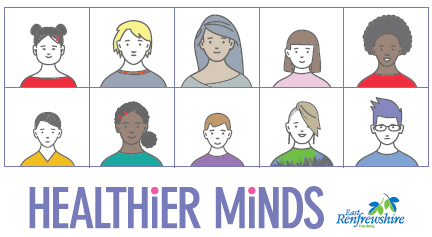It is important that parents and carers are involved as early as possible. Children and young people may be reluctant for parents to find out about the self-harming behaviour but should be encouraged and supported to inform and discuss concerns with them. This can take a number of formats – in person, over the phone or virtual meeting but in person is always preferable.
If you are initiating contact with parents about an incident of self-harm, discuss the plan with the young person:
- where and when will the meeting take place?
- who will be present?
- does the young person want to be present? If not, where will they be and who will stay with them?
- does the young person want to speak or would they prefer the adult to speak?
- what will the young person or adult say?
- what outcomes are the young person and adult hoping for?
Formats such as this planning tool can help the young person and adult plan for the meeting and guide the meeting itself, however, it is meant as a guide only and should not restrict the discussion.
When a family is in distress, it is often difficult for them to be truly present, to be able to listen calmly to their child’s concerns and to know how to help. They may be struggling with feelings of fear, anger, denial, shame or disbelief. Parents and carers will require help to identify support systems and resources available to them. Remain calm and show as much care, concern and sensitivity for the family as for the young person. Make available to parents local sources of support, national organisations and information about self-harm and how they can help and support their child.

